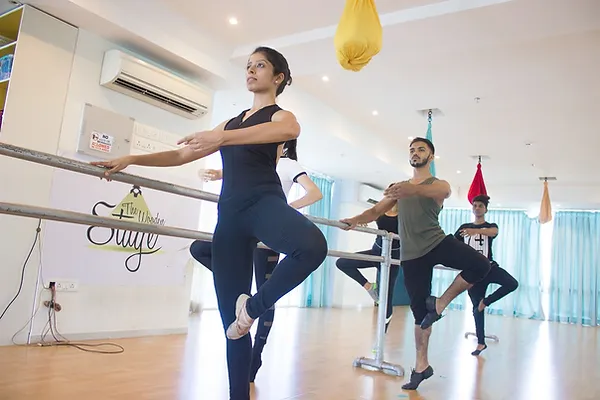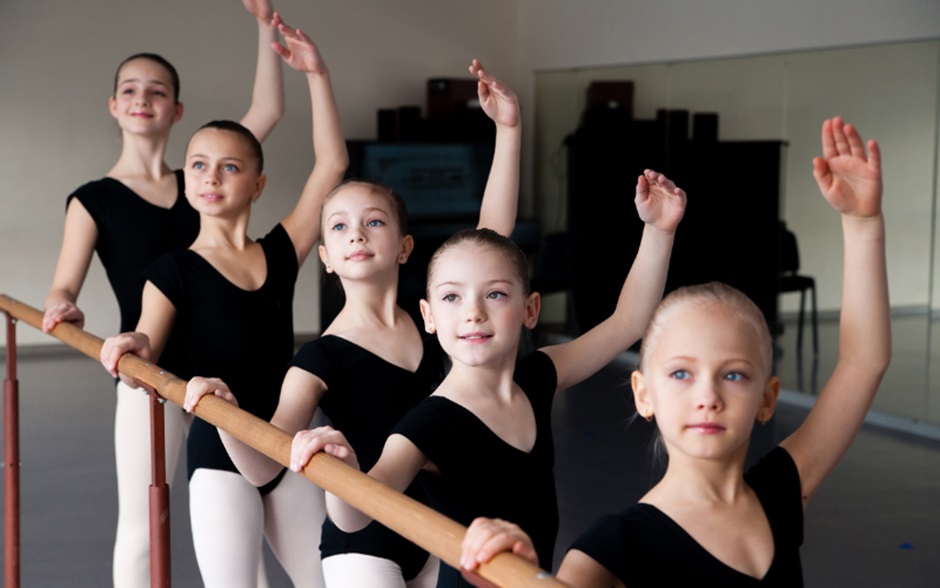The Royal Academy of Dance (R.A.D.) syllabus is a structured programme that provides a comprehensive training system for ballet students. Following the R.A.D. syllabus ensures that dancers develop their technical skills, artistry, and performance abilities in a progressive manner. It is essential to understand the syllabus thoroughly to achieve high R.A.D. ballet grades.
The syllabus is divided into various levels, each designed to build upon the previous one, ensuring a solid foundation before advancing to more complex techniques. It includes combined barre work, centre practice, adage, allegro, and character dance. Each element plays a crucial role in developing a well-rounded dancer.
Consistent Practice and Technique
Consistent practice is key to improving R.A.D. ballet grades. Regular classes help reinforce techniques and muscle memory. Students should aim to attend all scheduled classes and, if possible, participate in additional practice sessions.
Focusing on technique is paramount. Each movement should be executed with precision and control, adhering to the standards set by the R.A.D. syllabus. This includes maintaining proper posture, alignment, and turnout. It is beneficial to work on flexibility and strength outside of class hours through supplementary exercises such as Pilates or yoga.
Feedback and Corrections
Listening to feedback from instructors and making corrections is vital for progression. Instructors provide valuable insights into areas that need improvement. It is important to take these comments seriously and work on them diligently.
Moreover, self-assessment is a useful tool. Dancers can record their practice sessions to review their performance and identify areas that need refinement. Comparing these recordings over time can help track progress and highlight improvements.
Performance and Expression
R.A.D. ballet exams assess not only technical proficiency but also performance and expression. Dancers should focus on conveying emotions and telling a story through their movements. This involves understanding the music and choreography deeply, allowing the body to move naturally with the rhythm.
Practising in front of an audience, such as family or friends, can help build confidence and enhance performance skills. Additionally, participating in recitals and competitions can provide valuable experience and feedback from a broader range of judges.
Preparing for the R.A.D. Examiner
Preparation for the R.A.D. examiner is crucial. Dancers should familiarise themselves with the exam format and requirements brought by a dance school. It includes knowing the set exercises, dances, and any additional elements specific to their grade.
Practising under exam conditions can help alleviate nerves. This means performing the entire exam routine without breaks, wearing the correct attire, and adhering to the time limits. Visualising the exam scenario and mentally rehearsing can also build confidence.

Mental Preparation and Well-being
Mental preparation is as important as physical readiness. Maintaining a positive mindset and managing stress are essential for optimal performance. Techniques such as deep breathing, visualisation, and mindfulness can help reduce anxiety and improve focus.
Ensuring adequate rest and a balanced diet supports overall well-being and energy levels. Avoiding overtraining is important to prevent injuries and burnout. Dancers should listen to their bodies and take breaks when needed.
Seeking Additional Support
Sometimes, additional support is beneficial. Private lessons can provide personalised attention and targeted corrections. Workshops and masterclasses offer exposure to different teaching styles and techniques, which can enhance learning.
Networking with other dancers and joining ballet communities can provide encouragement and motivation. Sharing experiences and tips can be inspiring and foster a sense of camaraderie.
Conclusion
Achieving high R.A.D. ballet grades require dedication, consistent practice, and a thorough understanding of the R.A.D. syllabus. By focusing on technique, seeking feedback, enhancing performance skills, and preparing mentally, dancers can excel in their exams. With the right approach and support, every dancer can reach their full potential.
Contact AQ Dance to experience the Royal Academy of Dance syllabus taught by experienced instructors.



